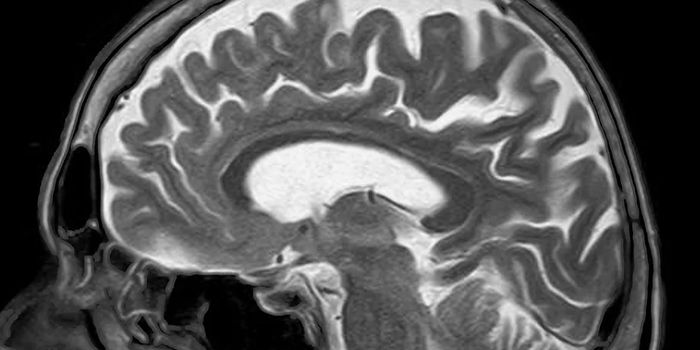Why is dementia going unnoticed in hospitals?
A study in the UK showed that while the rate of diagnosis for dementia is improving, more than a third of all dementia patients still go undiagnosed. The new study is the first to identify an improvement in dementia diagnosis in hospitals over time and the first to identify diagnostic inequality among ethnic groups.
Dementia is a blanket term that describes a group of diseases associated with memory decline and other cognitive dysfunction serious enough to negatively impact a person’s daily life. For example, Alzheimer’s disease is considered a type of dementia, representing nearly 80 percent of all dementia cases. Vascular dementia is the second most common type of dementia, occurring after individuals experience a stroke. Dementia is not a normal part of aging.
Researchers from the study found that medical professionals in hospitals are much more likely to recognize a patient with dementia after they’ve been admitted for a non-related reason. Missing a dementia diagnosis is dangerous for many reasons. For example, affected individuals need help to remember treatment plans discussed with their doctor. If the doctor doesn’t know they have dementia, they won’t know to give them the help the need.
In their study, researchers looked at patients diagnosed with dementia in UK memory clinics who were then admitted to a general hospital. In total, they analyzed data from 138,455 hospital admissions and 21,387 people between 2008 and 2016, with 8.246 patients diagnosed with dementia before being admitted to the hospital. Researchers checked to see if dementia was one of the diagnoses on their hospital discharge summaries.
They found that medical professionals from the hospitals only recognized dementia 48.7 percent of the time in 2008, but that statistic improved to 61.5 percent by 2016. Individuals from ethnic minority backgrounds were almost twice as likely to have missed diagnoses in general hospitals compared to white patients. Researchers believe this is possibly due to communication difficulties. Similar discrepancies were found for single people, younger people, and people with more severe physical illness.
"People with dementia are more likely to be admitted to general hospitals for other illnesses, partly due to difficulties taking care of themselves - and once they're in hospital, those with dementia tend to have longer stays and face more complications,” explained lead author Dr. Andrew Sommerlad. “Hospital records need to accurately reflect the patient's condition so that doctors can tailor their care accordingly.”
The present study was published in the journal Alzheimer’s & Dementia.









